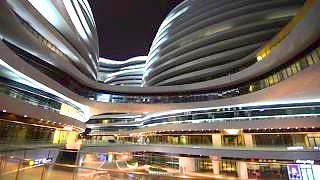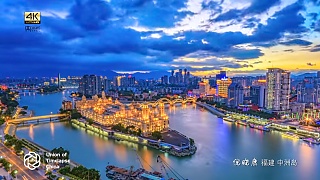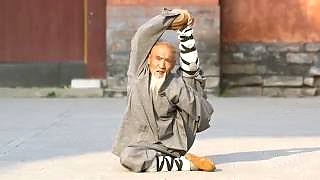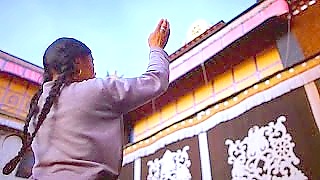A talk by Dr. Martin Jacques in Singapore ...
[640],shadow=true,start=,stop=Related Videos
Featured Videos

|

|

|
HuaShan, in ShaanXi province, is one of China's Five Sacred Mountains.
Our second film shows the 'Plank Walk'. This was constructed in the 13th century by Taoist monks.
|

|

|
Ancient roots, modern outlook; a wide variety of natural landscapes; diverse cultures; so much to see and do; welcome to China ...
|
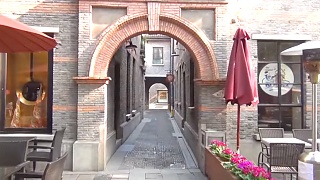
|
Cafe culture, boutiques, galleries ...
|

|
With The Hutchinsons ...
|

|
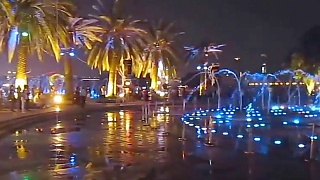
|
|
 China in the world – past, present and future
China in the world – past, present and future

